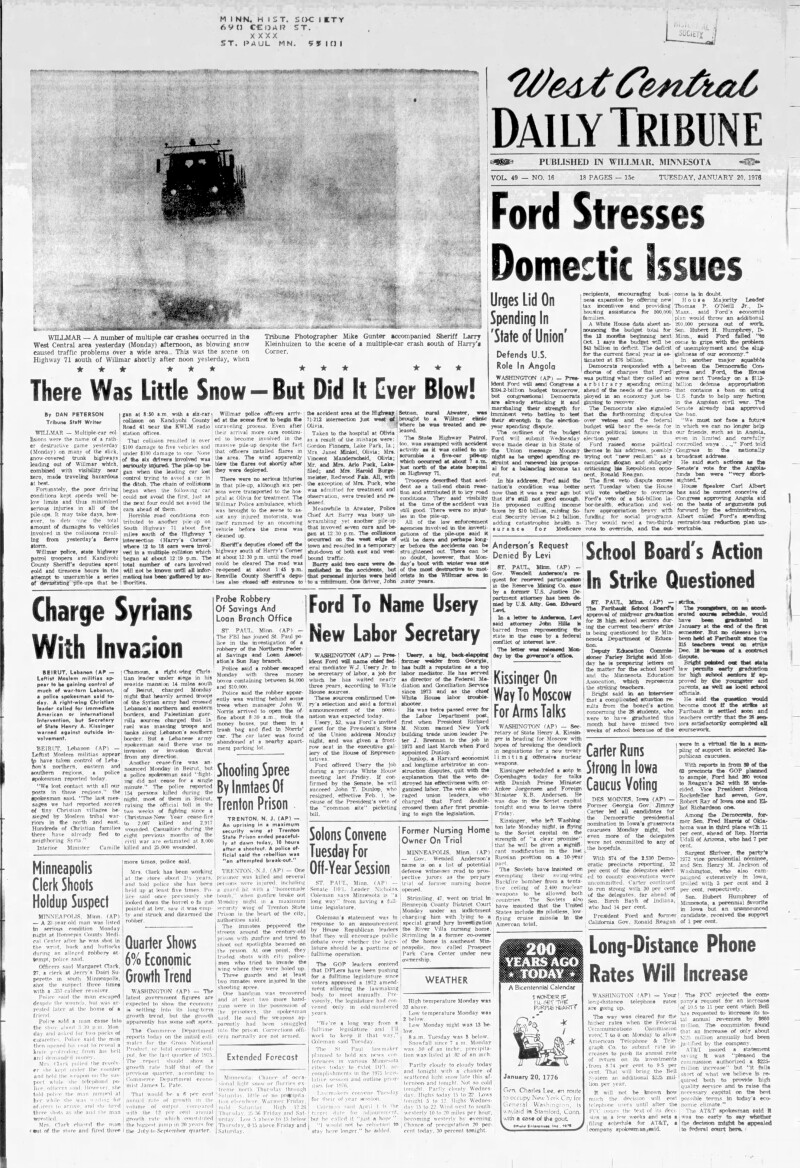
URGENT UPDATE: A powerful interview featuring the late rapper Tupac Shakur from 1994 has resurfaced, shedding light on his profound insights into personal suffering and social injustice. In this passionate conversation with journalist Ed Gordon, Tupac articulated feelings of being “cursed” by God due to the stark contrast between his success and the struggles faced by marginalized communities.
The interview, which highlights Tupac’s empathy and awareness of economic disparity and racial injustice, is resonating with audiences today. “If I can’t live free, if I can’t live with the same respect as the next man, I don’t want to be here,” Tupac passionately stated, expressing a deep internal conflict that many still grapple with.
This poignant reflection underscores why Tupac viewed his rise to fame as a burden rather than a blessing. He believed that his ability to enjoy life was overshadowed by the suffering of those around him. “God has cursed me to see what life should be like,” he lamented, emphasizing the weight of his awareness of social inequities.
Tupac’s words echo today as they highlight the struggle for justice and equality. He questioned the lack of support for the underprivileged, stating, “These ghetto kids ain’t God’s children and I don’t see no missionaries coming through there.” His call for action resonates in today’s climate, urging others to recognize the societal responsibilities that come with privilege.
The rapper’s commitment to uplifting his community was unwavering. “I feel like I’m doing God’s work,” he asserted, challenging the notion of charity that often overlooks those in need. His insistence on being present in the neighborhoods he came from reflects a dedication to genuine activism that many find inspiring today.
As this interview garners renewed attention, it serves as a stark reminder of the ongoing struggles against systemic inequality. Tupac Shakur’s words continue to inspire discussions about social justice, empathy, and the moral responsibilities that accompany success.
This developing story highlights the relevance of Tupac’s message in contemporary society, emphasizing the need for awareness and action against the injustices faced by many. Stay tuned for more updates as this conversation unfolds across social media and public discourse.







